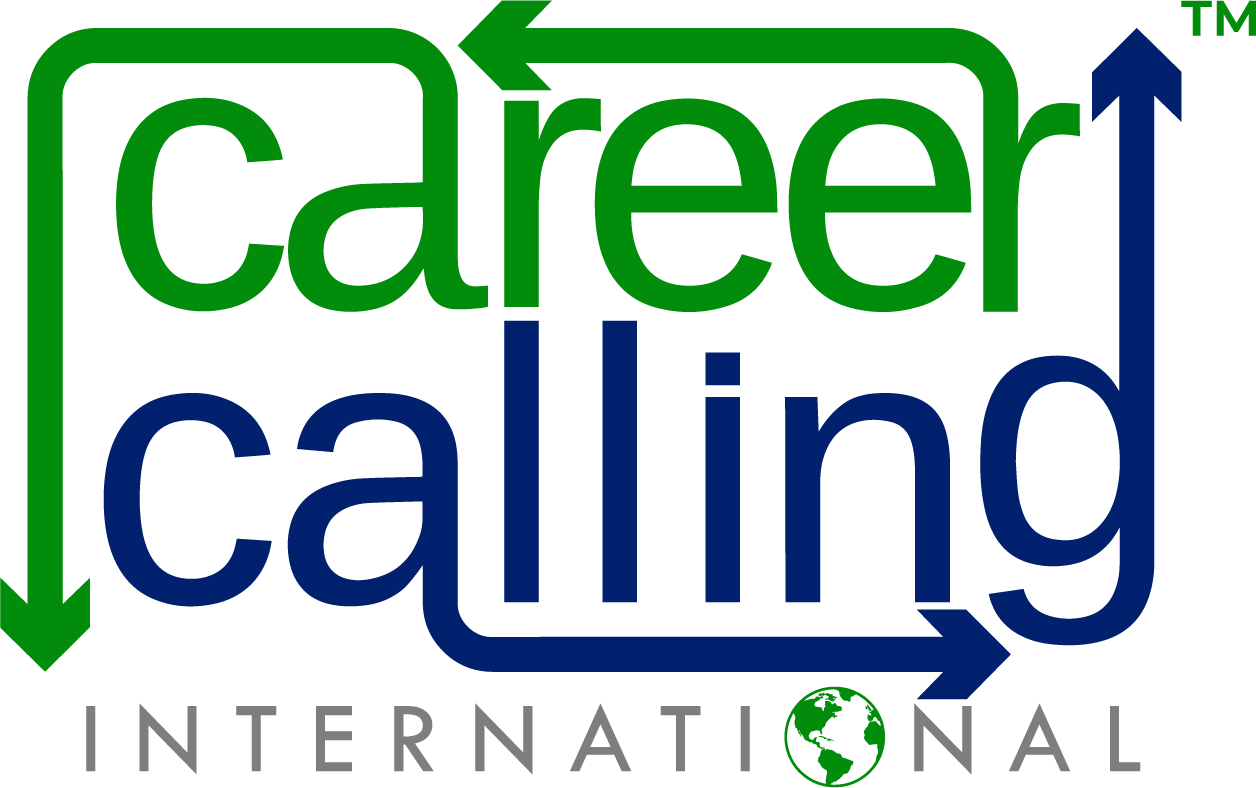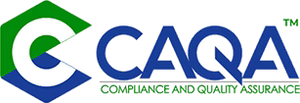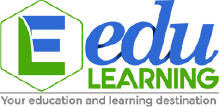Introduction
In the rapidly evolving e-learning landscape, staying abreast of the latest technologies and standards is crucial for delivering effective and engaging training experiences. As the popularity of mobile devices continues to soar and the support for Adobe Flash dwindles, e-learning professionals are turning to SCORM-compliant files, HTML5, and m-learning to create immersive and accessible content. This article will explore these technologies, their benefits, and how CAQA is leading the charge in providing cutting-edge e-learning solutions.The Decline of Flash and the Rise of HTML5
For years, Adobe Flash has been the go-to authoring tool for creating interactive and visually stunning e-learning courses. However, with the advent of smartphones and tablets, Flash has become increasingly unsupported on these devices. Enter HTML5, the latest version of the Hypertext Markup Language standard. HTML5 has emerged as the preferred choice for e-learning professionals due to its ability to create responsive, multimedia-rich content that works seamlessly across various devices.HTML5: The Future of E-Learning Development
HTML5 offers a plethora of benefits for e-learning development. It allows for creating highly interactive and immersive content, incorporating rich media, graphics, and animations without needing third-party plugins. This means learners can access courses on any device, including smartphones and tablets, without compatibility issues. Moreover, HTML5's responsive design capabilities ensure that courses adapt to different screen sizes, providing an optimal viewing experience for learners on the go.SCORM: The Key to Interoperability
While HTML5 provides the foundation for creating engaging e-learning content, SCORM (Shareable Content Object Reference Model) is the industry standard that ensures interoperability between different e-learning systems. SCORM is a set of technical standards that guide programmers and developers in constructing their code, allowing e-learning applications to "play nicely" with each other. By adhering to SCORM standards, e-learning professionals can create content that seamlessly integrates with various learning management systems (LMS), enabling tracking of learner progress and scores.M-Learning: Learning on the Move
As mobile devices become ubiquitous, m-learning, or mobile learning, has gained significant traction in the e-learning industry. M-learning refers to learning that takes place through social and content exchanges using personal electronic devices, such as smartphones and tablets. By leveraging instructional technology on mobile devices, m-learners can access training materials at their convenience, whether they're commuting, waiting in line, or taking a break at work. M-learning offers unparalleled flexibility and accessibility, empowering learners to learn at their own pace and on their own terms.CAQA: Your Partner in E-Learning Innovation
At CAQA, we understand the importance of staying ahead of the curve in e-learning technology. That's why we now offer SCORM-compliant files, HTML5 files, and e-learning files for purchase, ready to be used in your learning management systems. Our team of experts is dedicated to developing cutting-edge e-learning and m-learning training and assessment resources tailored to your specific needs and requirements.
Whether you're looking to convert existing content to HTML5 or SCORM format or you require custom e-learning development from scratch, CAQA has the expertise and resources to bring your vision to life. We work closely with our clients to understand their unique training objectives and create engaging, interactive, accessible e-learning solutions that drive results.
Conclusion
As the e-learning landscape continues to evolve, embracing SCORM, HTML5, and m-learning is no longer a choice but a necessity. These technologies offer unparalleled opportunities to create immersive, interactive, and accessible training experiences that cater to the diverse needs of modern learners. At CAQA, we're committed to helping organisations harness the power of these technologies to deliver cutting-edge e-learning solutions. Contact us today at info@caqa.com.au to learn how we can help you revolutionise your e-learning initiatives.
Contact CAQA today to delve into our resources and explore how we can empower your RTO to flourish in this era of endless possibilities.
You can request a Free Sample by calling at 1800 266 160 or email us at info@caqa.com.au














































